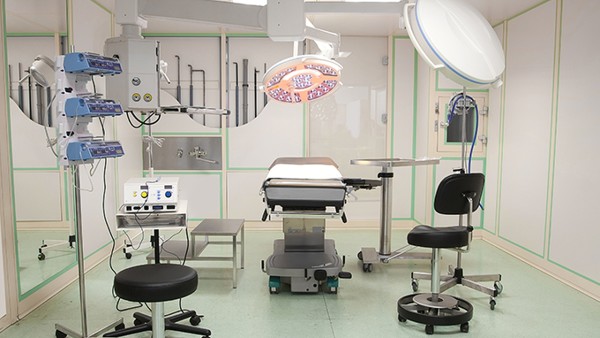Folic Acid Reduces Fetal Malformation Rate by 70%

Folic Acid: A Vital Nutrient for Pregnant Women
Folic acid, also known as vitamin B9, is a water-soluble vitamin that is essential for the growth and development of a healthy fetus. Folate, the natural form of folic acid, is found in many foods, including leafy green vegetables, fruits, and whole grains. However, it is recommended that pregnant women take a folic acid supplement to ensure they are getting the recommended daily amount of this crucial nutrient.
Folic Acid and Neural Tube Defects
Neural tube defects (NTDs) are serious birth defects that affect the development of the brain and spinal cord. The most common NTDs are spina bifida and anencephaly. Spina bifida occurs when the spinal cord does not close all the way during pregnancy, leaving a gap in the baby's back. Anencephaly occurs when the brain does not develop fully, resulting in a fatal condition.
Research has shown that taking folic acid before and during pregnancy can significantly reduce the risk of NTDs by up to 70%. Folic acid helps to close the neural tube early in pregnancy, when the fetus is most vulnerable to these birth defects.
Recommended Daily Intake of Folic Acid
The recommended daily intake of folic acid for pregnant women is 600 micrograms. This amount can be obtained through a combination of diet and supplementation. Foods rich in folate include:
Leafy green vegetables (such as spinach, kale, and broccoli)
Fruits (such as oranges, strawberries, and bananas)
Whole grains
Fortified cereals and breads
However, it is often difficult to get enough folate from diet alone, which is why it is recommended that pregnant women take a folic acid supplement. Folic acid supplements are available in both tablet and liquid form.
When to Start Taking Folic Acid
It is important to start taking folic acid before becoming pregnant. The neural tube closes early in pregnancy, so it is crucial to have adequate levels of folic acid in the body before conception. The recommended time to start taking folic acid is at least one month before trying to conceive.
Side Effects of Folic Acid
Folic acid is generally safe for pregnant women. However, some people may experience side effects, such as:
Nausea
Vomiting
Diarrhea
Headache
Skin rash
Other Benefits of Folic Acid
In addition to preventing NTDs, folic acid has also been shown to have other benefits for pregnant women and their babies. These benefits include:
Reducing the risk of premature birth
Lowering the risk of low birth weight
Improving cognitive development in children
Decreasing the risk of certain types of childhood cancer
Conclusion
Folic acid is an essential nutrient that plays a vital role in the healthy development of a fetus. By taking folic acid before and during pregnancy, women can significantly reduce the risk of NTDs and other birth defects. Folic acid is safe for pregnant women and has no known major side effects. Therefore, it is highly recommended that all pregnant women take a folic acid supplement to ensure they are getting the recommended daily amount of this crucial nutrient.
The above is all the content that the editor wants to share with you. I sincerely hope that these contents can bring some help to your life and health, and I also wish that your life will be happier and happier.
Topic: #reduces #fetal #folic










